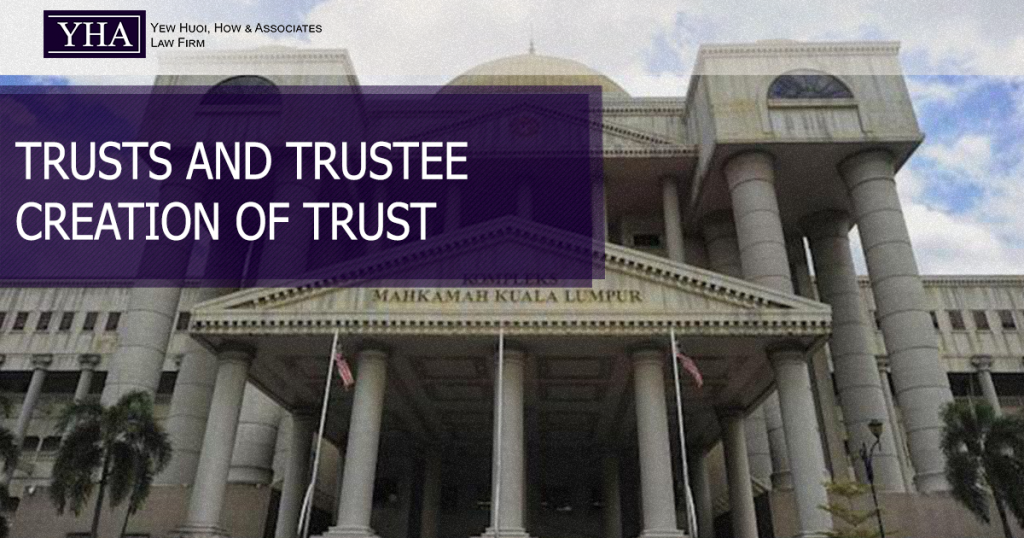Woody has a company in which he, his children and four wives have shares. He signed a formal agreement to transfer all of his shares to his three sons (Donald, Bryson, and Alan) out of love and affection. However, Woody did not take any action to effect the transfer of the shares under the formal agreement. Instead, he transferred his shares to his first wife (contrary to the terms of the formal agreement). The first wife later sold his shares to 3rd parties. Woody passed away shortly.
Q: Can the three sons sue the first wife by claiming that the shares are gift from their father pursuant to the formal agreement??
A: No. The gift is imperfect. This is because there was no action by Woody to effect transfer of the shares to the three sons under the formal agreement. It is merely a comfort agreement to keep peace amongst the families at best.
Q: Before the shares are transferred under the formal agreement, can Woody later change his mind and give it to someone else.
A: Yes. There is no equity to perfect an imperfect gift and the law of trust could not be invoked to effectuate an incomplete gift nor could equity assist a volunteer. If Woody would want to transfer the shares and give them to his sons (as per the formal agreement), he would have done it himself. If he hasn’t, Woody can always change his mind and give it to someone else.
Q: Can the three sons claim that the first wife is a constructive trustee holding the shares for them under the formal agreement?
A: No. There was no consideration in the formal agreement. It is out of love and affection. Even if the formal agreement uses the word “forthwith”, as long as Woody did not effect the transfer to the three sons, there is no trust or constructive trust.

